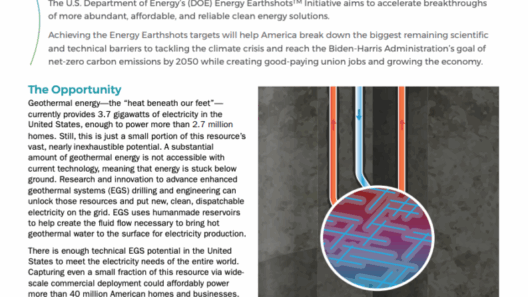In today’s competitive landscape, businesses are increasingly recognizing the imperative of sustainability not only as a moral obligation but as a strategic advantage. The transition towards green business practices represents not merely a trend, but a profound shift in perspective. This paradigm transformation highlights that energy conservation is no longer a peripheral concern; rather, it is central to operational efficiency and long-term viability. Below are five actionable steps that businesses can adopt to foster energy conservation within their operations.
1. Conduct an Energy Audit
The first step towards enhancing energy efficiency is to understand current energy usage. Conducting a comprehensive energy audit serves as a diagnostic tool that illuminates inefficiencies and opportunities for improvement. By analyzing energy consumption patterns, companies can identify which areas are the biggest culprits of waste. For instance, outdated machinery or inefficient lighting systems could be consuming excessive amounts of energy. Furthermore, an energy audit can provide insights into employee behaviors and practices that may be inadvertently contributing to high energy costs. This awareness becomes the springboard for targeted interventions, which can lead to substantial reductions in energy expenditure.
2. Implement Energy-Efficient Technologies
In an age characterized by rapid technological advancement, businesses have an array of options at their disposal to enhance energy efficiency. The integration of energy-efficient technologies—such as LED lighting, smart thermostats, and high-efficiency HVAC systems—can culminate in noticeable reductions in energy usage. For example, LED lighting has been shown to consume up to 80% less energy compared to traditional incandescent bulbs while providing superior illumination quality. Moreover, investing in automation and smart technologies can optimize heating, cooling, and lighting in real-time based on occupancy and usage patterns, further reducing energy wastage. These technological enhancements are not simply cost-effective but also align with corporate sustainability objectives.
3. Foster a Culture of Energy Conservation
While physical upgrades are crucial, the human element cannot be overlooked. Creating a culture that prioritizes energy conservation among employees is essential for achieving sustainable energy goals. This initiative can begin with training sessions that educate employees on the importance of energy conservation and how their individual actions can impact the organization’s overall energy footprint. Encouraging practices such as turning off lights in unoccupied areas, unplugging devices when not in use, and adopting a digital-first approach to minimize paper usage can create an environment where energy conservation becomes second nature. Furthermore, rewarding initiatives that promote energy-saving behaviors can serve to motivate employees and reinforce a collective commitment to sustainability.
4. Adopt Renewable Energy Sources
Transitioning to renewable energy sources is arguably one of the most impactful actions a business can take to conserve energy and reduce its carbon footprint. Solar panels, wind turbines, and geothermal energy systems are becoming increasingly accessible to businesses of all sizes. By investing in renewable energy, companies not only diminish their reliance on fossil fuels but also stabilize energy costs in the long term. Additionally, incorporating renewable energy options can enhance a brand’s reputation, as consumers are increasingly inclined to support businesses that demonstrate a commitment to environmental stewardship. Furthermore, government incentives and tax rebates for renewable energy projects can significantly offset initial investment costs, making them a viable option for many organizations.
5. Encourage Sustainable Transportation Practices
Transportation is a significant contributor to energy consumption within business operations. By encouraging sustainable transportation practices, companies can drastically reduce their overall energy use and carbon emissions. Initiatives might include offering incentives for carpooling or the use of public transit, which can alleviate individual dependence on personal vehicles. Furthermore, promoting telecommuting options can reduce the energy expended in daily commutes. For businesses that rely heavily on transportation for their operations, transitioning to electric or hybrid vehicles for freight and logistics can offer both energy savings and a positive environmental impact. Transforming transportation practices creates a ripple effect, fostering a broader commitment to sustainable practices that extends beyond the company’s walls.
Implementing these five energy-conserving actions can not only translate to cost savings but also elevate a company’s profile as a responsible and forward-thinking organization. It’s crucial to understand that energy conservation initiatives are not just financial maneuvers but are fundamental to shaping a sustainable future. The shift towards green business practices is a testament to the growing realization that environmental responsibility and economic viability are inherently linked. By embracing energy conservation, companies can lead the way in ushering in an era where profitability does not come at the expense of our planet. This proactive approach piques curiosity and inspires others in the industry to consider their impact and take meaningful steps towards a more sustainable operational model.
In conclusion, energy conservation is not merely a series of actions but an ongoing journey that requires commitment, innovation, and collaboration. By integrating these strategies into the corporate ethos, businesses can not only ensure their survival in an increasingly eco-conscious market but also contribute to the broader mission of safeguarding our planet for future generations. Sustainable practices aren’t just beneficial—they are becoming essential for success in the modern economy.








